Steps of a Criminal Case in Utah
The criminal justice process can be a daunting and stressful one. If you’ve been charged with a crime, confusion about how things work is just another thing to worry about, right? Well, hopefully, we can break down that process a little bit to help demystify some of the process. And please remember, whether it’s our firm or another one, you’re always better with an attorney than without one.
So you’ve been arrested and charged with a crime. What now?
Depending on the nature of the crime you are accused of committing, there are several possible “first steps.” As always, we will recommend reaching out to an attorney to discuss what these steps may be and how to handle them. Generally speaking, though, here are some of the possible first steps you may be facing:
For Infractions, Class C misdemeanors, and Class B misdemeanors:
For Infractions, Class C misdemeanors and Class B misdemeanors, your first court appearance, or “hearing,” will likely be an Arraignment. An arraignment is “[t]he initial step in a criminal prosecution whereby the defendant is brought before the court to hear the charges and to enter a plea.” ARRAIGNMENT, Black’s Law Dictionary (11th ed. 2019). As the person being charged with a crime, you are the defendant. In an Arraignment, you will go to court (preferably with your attorney) and the judge will ask you how you plead to the charges against you. Your three choices at the Arraignment are typically: Guilty; Not Guilty; or No Context. If you do not yet have an attorney and would like the chance to speak with one before doing anything, it is perfectly acceptable (and wise) to notify the judge of this preference before you enter any kind of plea. If you do this, the judge will typically enter a “Not Guilty” plea on your behalf and will then schedule the next hearing.
Once the Arraignment has occurred (and presuming the plea entered was a “Not Guilty”), the court will likely schedule a Pretrial Conference.
Exception for DUIs:
It is important to note that, if you have been charged with a DUI, there may be an important first step even before the Arraignment. In Utah, when a person has been charged with the crime of DUI, the Drivers License Division (“DLD”) will take steps to suspend the driver’s license for a period of time pending the outcome of the case. (There are many wrinkles to this, and it is important that you discuss the specifics of your case with an attorney who can advise accordingly.) The driver/defendant only has 10 days from the date of the arrest in order to schedule a hearing with the DLD to challenge the license suspension. It is important to request this hearing with the DLD within 10 calendar days of the arrest, otherwise you have waived your right to the hearing.
For Class A misdemeanors and Felonies:
If you have been charged with a crime more serious than a Class B misdemeanor (i.e. a Class A misdemeanor, or a felony), there are potentially several steps that occur before an Arraignment. The first hearing that is scheduled is likely to be an “Initial Appearance.” The Initial Appearance (“IA”) is basically just what it sounds like. You will be asked to show up to court. At the IA, the judge will offer to read the charges against you in open court, and will provide you with a copy of the “Information,” or the charging document with the specific charges listed.
For Class A misdemeanors and Felonies, there are several other hearings that may occur before an Arraignment. In fact, based on the outcome of those other hearings, an Arraignment may never even occur. Because Class A misdemeanors and Felonies are more serious (and therefore more complex), it is important you speak with an attorney to understand each and every step of the process.
The Pretrial Conference
After the Arraignment, but before any trial can occur, the court will schedule a “Pretrial Conference” (“PTC”). Generally speaking, between the Arraignment and the PTC, your attorney will have requested and received copies of all the evidence against you in your case. Your attorney can then review that evidence, looking for defenses and other ways to protect you.
At the PTC, your attorney will meet privately with the prosecutor to discuss your case. Your attorney’s goal will typically be to negotiate some reduction (or even a dismissal) of the charges against you. We often refer to this as “plea bargaining” or the “plea deal.”
If a potential deal is available, your attorney will discuss it with you. Oftentimes, the deal comes in the form of a reduction of charges, or a dismissal of some (but not all) charges against you, in exchange for a “guilty” or “no contest” plea to one or more of the other charges. There are a thousand different variables that can impact the outcome of a plea deal. Plea deals are never guaranteed, and even if one is available it may not be the right option for you.
Because of constitutional protections (including the presumption of innocence and the fact that the prosecutor has the burden of proof), you always have the right to hold a trial on the charges against you. An attorney can help you to understand whether a plea deal is wise or not, but in the end, it is always your decision of whether or not to accept a plea deal. Trial is always an option.
Normally, at the PTC, defendants will either enter into a plea deal or they will schedule their case for a trial (though there are other possible outcomes).
These are just some of the steps in a criminal case. But understanding how the process works is crucial to understanding what your rights are and how to exercise them. As always, if you are charged with a crime, it is important that you discuss your case with an experienced attorney.
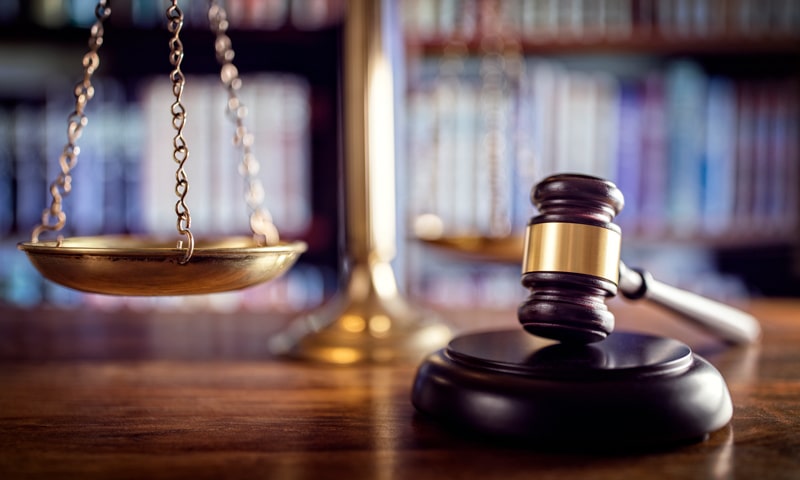
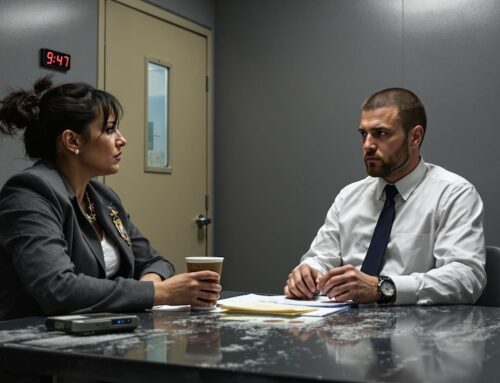
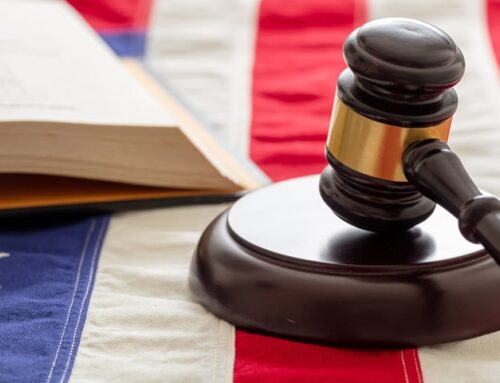
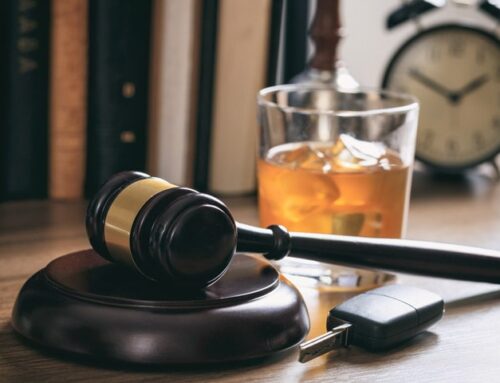
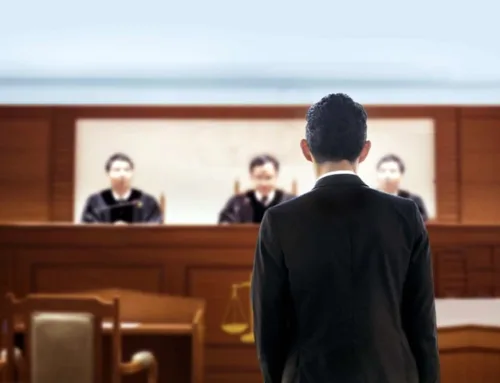
Leave A Comment